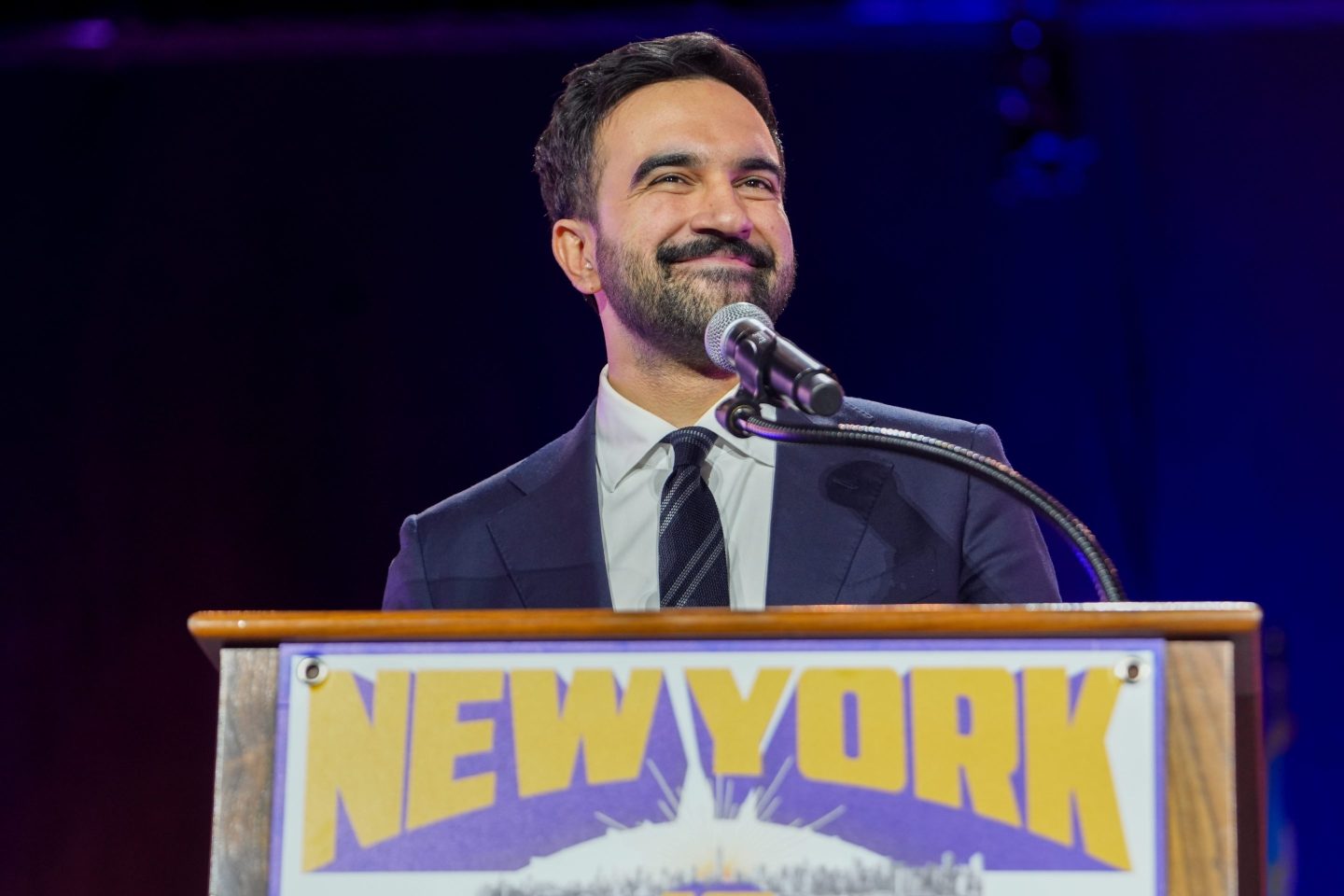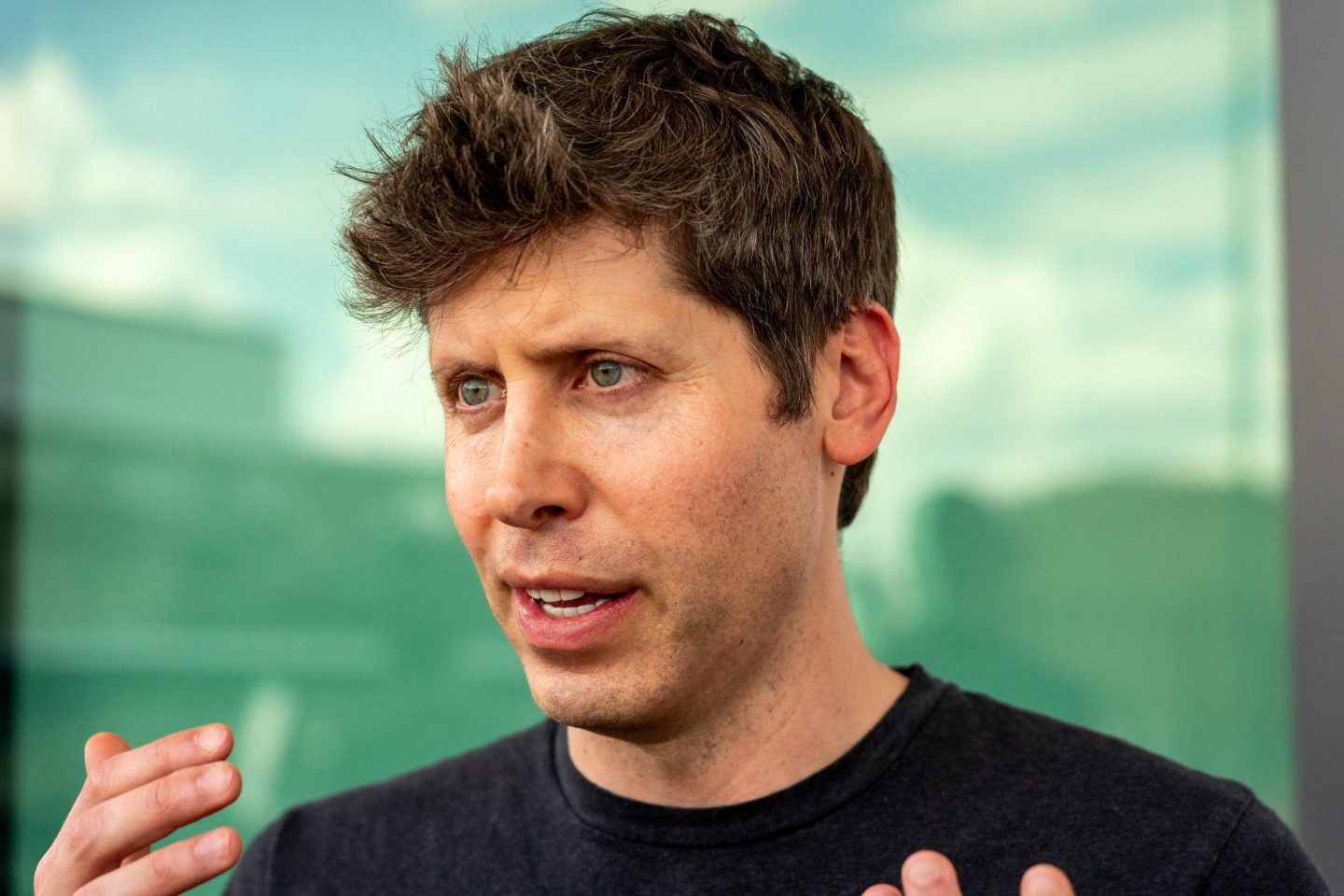New York City’s political power is officially passing off to the millennial generation. Zohran Mamdani, 34, will be the city’s youngest mayor in over a century, unlocking a new era of leadership that’s likely to look very different from his boomer predecessors.
Mamdani’s win follows 65-year-old Eric Adams. Before that, former mayors behind Adams, such as de Blasio, Bloomberg, Giuliani, were all born before 1965. In fact, nobody under 40 has led the city since John Purroy Mitchel, who was nicknamed “the boy mayor”.
With Gen Z as a key part of his voter base—and being on the younger side himself—Mamdani may have an edge in connecting with the bright young minds of tomorrow. Similar to Gen Z, millennials were the first generation to grow up online, and their formative experiences were defined by economic uncertainty and social activism.
“We see younger leaders having notably more positive attitudes toward recognition, innovation, and psychological safety, and these traits may well carry into their leadership style as well,” Dr. Benjamin Granger, chief workplace psychologist at Qualtrics, tells Fortune.
“If younger leaders are reporting significantly higher levels of recognition, psychological safety, and innovation encouragement in their own roles, it’s likely they’ll bring those same practices to how they lead their teams.”
Policies that speak to a younger generation, as next-gen leaders prioritize work-life balance and wellbeing’
Not only could Mamdani’s younger age shape his leadership style, but the policies that follow.
“The next generation of leaders aren’t afraid to challenge the status quo to bring new ideas to the table, care deeply about their work, but still prioritize work-life balance and wellbeing,” Granger added.
In the workforce, younger generations are searching for more flexibility, such as work-from-home policies and four-day work weeks. In fact, 54% of Gen Z will not accept a job without flexible scheduling, according to research from Indeed.
In addition, younger workers often feel that despite playing their cards right by attending college and (if they’re lucky enough) getting a stable job—they’re still stacking up side-hustles to make ends meet, and starving for affordability in the housing market.
Previously, Mamdani has advocated for stronger tenant protections and measures for easing affordability for New Yorkers. He also has advocated for a higher minimum wage of up to $30 an hour, a policy that aligns closely with the challenges faced by Gen Z and millennial workers.
In a previous short interview alongside mayoral candidates Andrew Cuomo and Curtis Silwa, Mamdani said remote work positions should continue for workers, a policy preferred by younger generations.
“I think that it is important that we also allow for remote-work provisions and I think that’s been critical in adapting to the flexibility that has become an innate part of people’s lives,” he said to Bloomberg.
Younger leaders aren’t just influencing policy—they’re reshaping workplace culture too
Just as Mamdani aims to improve the lives of young people more broadly, those working under him could see a noticeable shift in how the workplace is run.
“Millennial leaders, in particular, have played a key role in normalizing flexible schedules and empathetic management, creating a workplace culture that aligns well with Gen Z’s expectations,” Indeed’s Workplace Trends Editor, Priya Rathod told Fortune.
Rathod added that some of those Gen Z and millennial preferences include professionals who tend to prioritize work-life balance, values-driven decision-making, and digital fluency.
As Gen Z continues to grow its presence in the workforce, with projections estimating their numbers will triple to 51 million by 2030, their leadership preferences are beginning to shape the future of work.
But on the flip side, Rathod warned that Gen X and Baby Boomer leaders often bring a results-oriented, pragmatic lens shaped by long-term experience. Their emphasis on consistency and discipline remains critical to organizational stability.
“At times, these differing approaches can lead to tension, but they also present opportunities for cross-generational learning and innovation,” she added.
“Ultimately, the most effective leadership strategies today are those that embrace generational differences, promote mutual respect, and adapt to evolving workforce needs,” Granger echoed.












